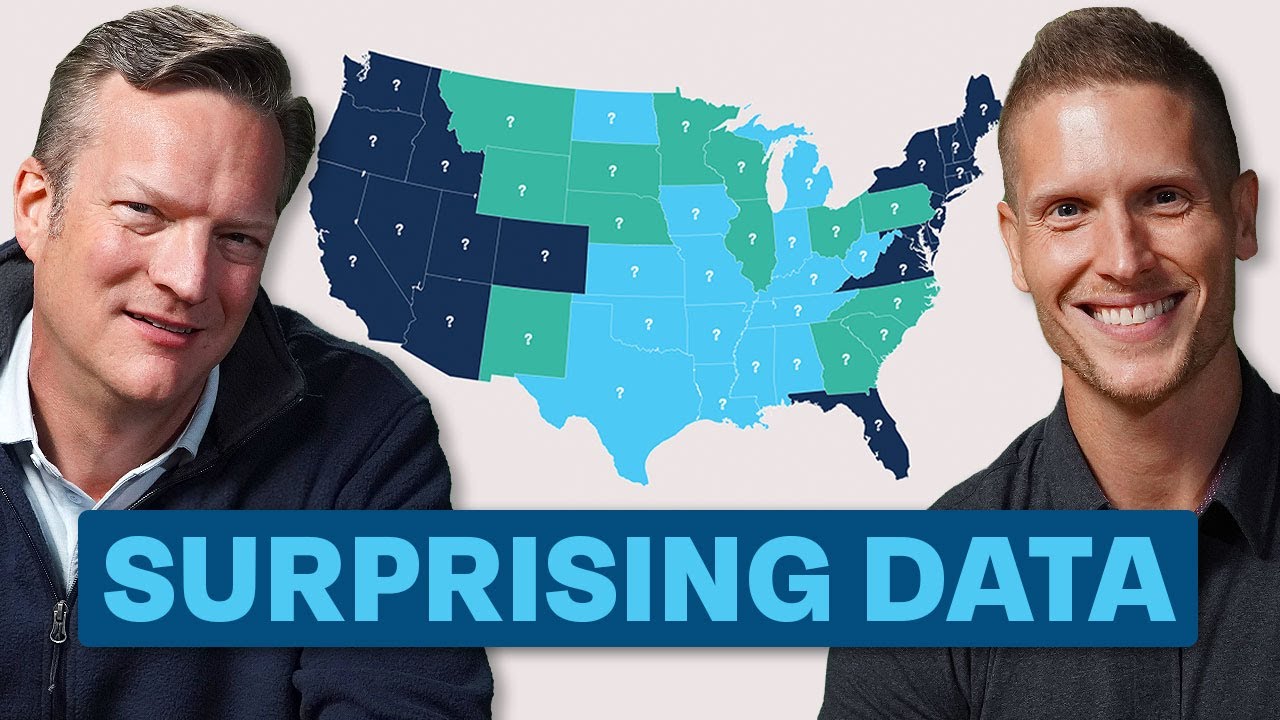Moving on to Mystic Wolf's question. My bank has financial advisors and retirement planners. What are your thoughts on obtaining this type of support and having resources of the bank manage finances for retirement? Is this a good idea? Is this a bad idea, and why? What should they consider when thinking about this? So, I think that the question Mystic Wolf is asking is sort of twofold: Should I hire financial advisors? Is that a good idea? I think they're wonderful. I just want to go on the record and say that our financial advisor is good. And how do I choose? How do I know which one is good? Because there are all different types. There are ones that work for independent companies, there are ones that work for brokerages, there are ones that work for banks, there are ones that work for insurance companies. How do I know the differences and how do I choose one that makes sense for me?
So, I'm gonna take the first part about when do I know when should I hire a financial advisor. This is going to sound counterintuitive and this may be crazy, because here's our disclaimer: we are financial advisors. We do not believe that every single person needs to hire a financial advisor. I think in the world in which we live today, with podcasts and YouTube channels and newsletters and all this plethora of information at our fingertips, it's not incredibly difficult for folks to make really wise financial decisions early on in their financial journey. It's why we do this show, so that we can equip you with that. It's why we do the Financial Order of Operations course or the Know Your Number course. You can go out to learn.money.com to check that out, so you can kind of DIY and build it yourself.
But what we have found is that as our financial lives grow and as our circumstances change, complication has a way of finding us. And so, we think it might make sense to hire an advisor if you see one of three things potentially happening. Number one, the gravity of your financial decisions is so great that it makes you nervous. You know, if I make an error on ten thousand dollars, it's painful, but it's not going to derail me. If I make an error on a million dollars, well, now I've set myself back a few years. That may be more than I'm making in a year, that may be more than I can save over a number of years. So, that's the first one.
The second one is life just gets busy. You get pulled in so many different directions and you keep noticing that your financial affairs keep getting put on the back burner. "I don't pay attention, don't pay attention, don't pay attention." So then, what you can do is hire a financial advisor to help keep things in front of you that need to be in front of you.
And third is, like I said, complication finds us. You just don't know what you don't know. You used to be able to do your tax return in 20 minutes on April 14th, and now your tax return has 50 pages and you have all these different schedules, and you need an expert to step in and help you understand what you have going on financially. If any of those three things are happening in your life, it might make sense to hire an advisor. And you've got to choose which kind.
Yeah, and that's what that leads to, because Mystic Wolf is probably thinking, "Man, my cash is already at this bank. Do you know how much ease, how easy it'd be if I just work with these people where my cash already is? Like, just move it all around." That's where it seems like that would be an ideal situation. But here's where the problem arises. If you pay attention and go look at the headlines of the past, we see that a lot of our banks, unfortunately, have not only mismanaged some of their portfolios for their cash with readings leading to some of these failures, but they've also been inappropriate with the way they've set up accounts and done other things.
I mean, I don't think I'm really spreading too much news when I share that Wells Fargo got in a lot of trouble. They got in a lot of trouble for opening up all these phantom accounts and all these other things that they had to settle. And it leads to the point of, are there any conflicts of interest? Are the incentives of the institution you're working with misaligned from your own personal incentives? And unfortunately, and this is something that caught me off guard when I aspired to get into the wonderful world of finance, is that, I mean, this isn't a scientific number, but I'll just say the lion's share, the majority of financial advisors are salespeople. They're not technicians, they're not people that are designed to give you the best design and portfolio and financial plan for what your financial life needs to maximize the opportunity. They only have to exceed the suitability requirement of what would work.
And I always think about suitability. You know, candy bars are suitable for consumption, but nobody's gonna tell you that if you want to get the healthiest version of yourself, go load up on a bunch of candy bars. It's night and day. You want to hire a technician or a nutritionist. If you're doing that physically, the same thing happens to you financially. And that's why there is a standard out there called the fiduciary standard, where the advisor is legally required to put your interests ahead of even their own. And there's all kind of disclosures and other things. And unfortunately or fortunately for you, it depends upon how you want to look at it, is that it's the independents that are doing this. It's not the big institutions that are doing that. They would much rather be the broker-dealers and the suitability standard versus a fiduciary standard.
And that's why I want to tell you, no matter where you go in your journey, go to
moneyguy.com/resources and we have the eight questions to ask a financial advisor, so you can figure out really quickly where the alignments and goals of the advisor are and do those line up with what you need financially. And I'm pretty confident you're going to find out that there's a reason the wealthy go to independent wealth managers. There's a reason we can create content. Matter of fact, that's actually why I started this show in 2006. I felt so guilty that I had minimum investments that I couldn't work with everyone who needed to know what to do with the first five thousand, ten thousand, fifty thousand dollars, because that's the sad thing. Most wealth managers have high minimums, because there's a lot of time that goes into a true financial plan.
But you know what? There is enough content out there with YouTube, with podcasting, other things. You can educate yourself, become the best version of yourself. And then we can, if you like The Money Guy, we give away so much because we want you to learn, apply, grow. And I'm so confident that you'll reach a level of success that the thing you'll want to take the relationship to the next level. So that's why I call it the abundance cycle, and it just continues to pay dividends. And I love the question, Mystic Wolf. But just be an educated consumer and I think you'll end up in the right place. For more information, check out our
free resources.













